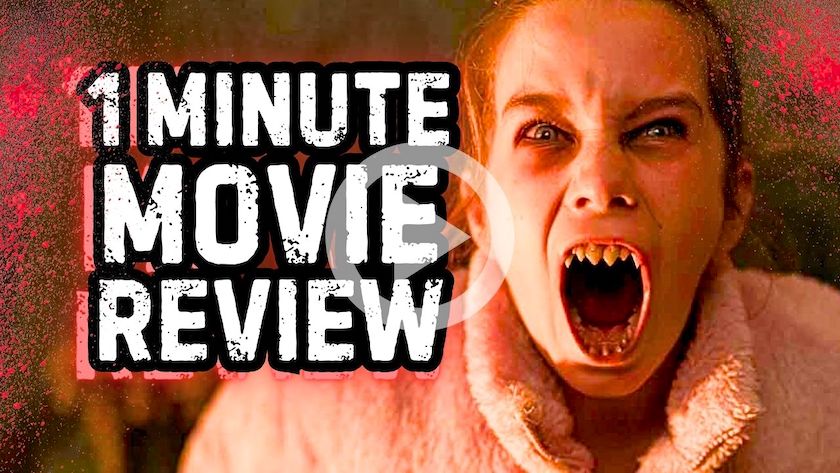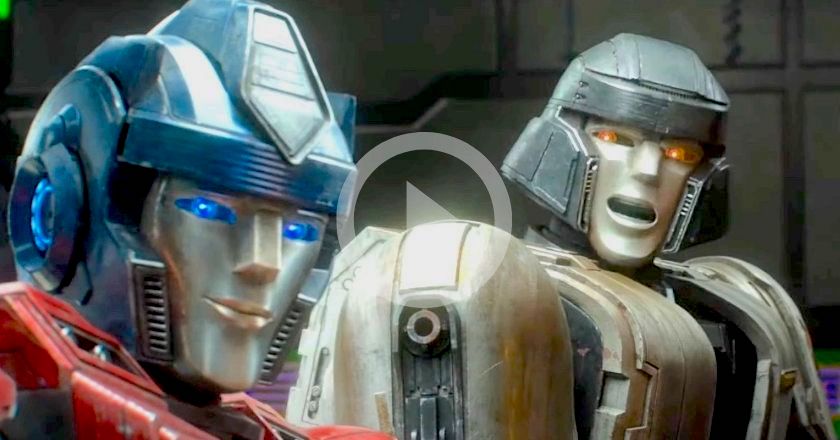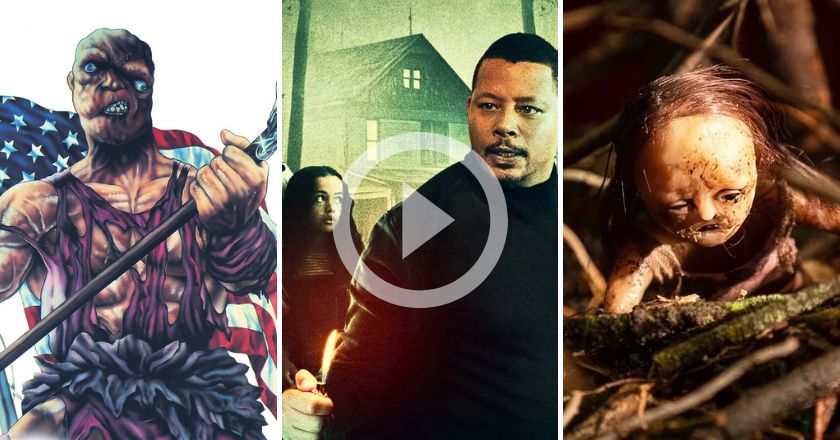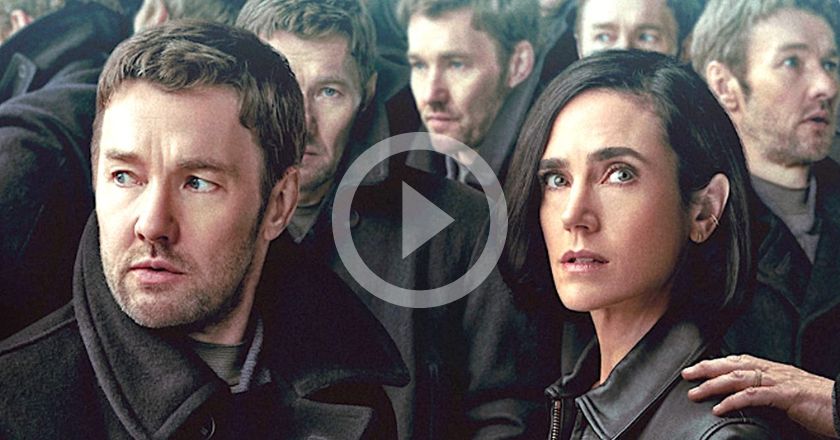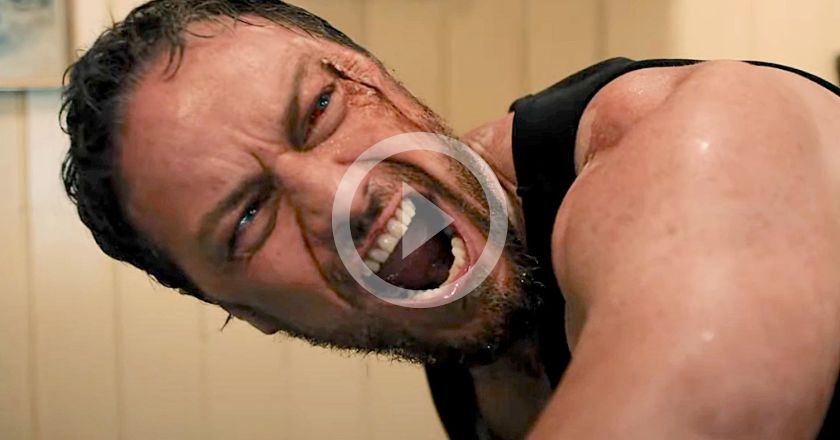
I can still remember watching the pilot for Heroes. It was 2006; the Marvel cinematic universe was still a twinkle in Stan Lee’s eye, Smallville was the closest it got to a show about heroes with powers, and there wasn’t a countless number of superhero summer blockbusters bombarding cinema screens. Superheroes were still a fresh concept and a television show about people with powers was an audacious idea that had never been done. At least not done successfully.
When the first season aired it was a smash hit. Many people referred to it as being near perfect and, while there were still faults, it was so enjoyable to watch that it didn’t really matter. Then seasons two through four occurred and, while not nearly the worst things on television, they left a lot to be desired from such bright beginnings.
For most fans it’s common knowledge that many external factors affected the show’s run. The Writer’s Strike in 2007 was essentially one of the main reasons, if not the reason, for the shows quality downfall. The struggle to find its feet after the strike ended was obvious, but continual network interference couldn’t have helped either.
Now, almost a decade later, Heroes Reborn is set to take stage and possibly even attempt to right the wrongs of the original series. So, exactly what lessons should Heroes Reborn learn from its predecessor?
(Heroes spoilers ahead)

- Keep powers limited and interesting.
Giving one of your main characters the ultimate power to go back and forth in time, changing whatever they wanted to at will, is a sure way to render most of what happens episode to episode pointless. Sure, characters might be in danger but Hiro can just go back in time and just change the past, right?
As characters like Hiro and Peter Petrelli grew stronger, so too did their powers – to almost outrageously stupid limits. While they did provide some fun here and there, overblown powers left a myriad of plot holes and moments that lacked any common sense in their wake.
To combat this, writers started to rely on cheap story tricks to reset powers. Sometimes they’d lose them, sometimes they’d get new ones, and sometimes they’d even use the old amnesia trick. It got annoying really fast and not just because their was no consistency. It was almost like writers were only planning one episode ahead and would alter characters just to make current storylines work.
Meanwhile, other characters had powers that never seemed to really go anywhere at all. Remember Tracey Straus (Ali Later), who had the power to freeze? If you forgot her power I wouldn’t be surprised, because apart from her near-death experience, she never really froze anything at all.
The answer to this is to obviously keep powers basic, or at least contained in a way that doesn’t jeopardize good storytelling. This seems more relevant seeing that Masi Oka (Hiro) is set to reprise his role in Heroes Reborn. While some smaller, less-flashy powers can be good to widen this fictional world, they should still feel like they serve some purpose to the story and be relevant, rather than just looking ‘cool’.

- When it’s time to let the villain go, let them go!
Zachary Quinto’s Sylar was a mysterious and frightening villain in the first season of Heroes. The setup of an unknown killer who left a bloody body count was quite chilling; you feared for every character’s life, lead or not.
Then, instead of killing him off, they attempted to redeem him by having him decide to be good, then bad, then good, then bad again. And while his allegiances changed from episode to episode, the terrifying character of season one quickly faded. Quinto was kept mainly due to being a fan favourite, but it came at the cost of completely neutering the character.
‘The Company’ was the other big bad of the series, and while their prison of ability-enabled criminals was awesome, they weren’t really ever anything more than a clichéd government task force.
Sometimes keeping a beloved villain around and challenging what makes them bad can be really fun. Other times villains just need to be gotten rid of, or you risk ruining what made them great in the first place. Heroes always relied on the latter, for its heroes as well as its villains (Greg Grunberg’s mind-reader Matt Parkman seemed to just float in and out of stories without any clear direction). When a character seems to have outrun their story arc or worse – they don’t even really have one, then it’s probably best to move on.

- Don’t rely on gimmicks!
This one is more just in reference to later seasons, but don’t rely on gimmicky ideas to draw interest!
Season four was based on the idea of a travelling carnival filled with powered up carnies. While the concept was interesting and provided us with fun powers, it couldn’t shake the fact that it was a gimmick.
Any story about people with superpowers eventually comes to a sanctuary storyline, where characters find others who share their affliction. The carnival served that purpose for Heroes, but it just never felt very original. Not to mention, it was a bit cartoony for a show that steered closer to a realist approach in its earlier seasons.

- Don’t make your obvious romantic leads related!
All right, I confess that this one is really not something I’m expecting to occur again. Or at least it’s very unlikely!
It was very clear that Hayden Panettiere (Claire) and Milo Ventimiglia (Peter) had undeniable screen chemistry and not just because the actors were dating in real life. The two seemed like they were headed to be the ‘it’ couple of the show and would most likely fall into a will they/won’t they trope. That is until it was revealed that Claire was Nathan’s daughter, and thus, Peter’s niece.
It still perplexes me as to why the writer’s didn’t put a stop to this storyline during season one, before the reveal. Changing who was Claire’s real father could have been easily altered, and then having her date Peter would have still connected their stories. Oh well, thank god for fan fiction, right?

- Let the heroes be heroes!
The hook of the original show was that these were ordinary people with powers. Not superheroes, or aliens or magical beings, but everyday people who discovered they had powers and then attempted to keep living their normal lives.
There was, however, always the promise that one day these mild mannered citizens would band together and put their powers to good use, presumably against an evil villain. The closet we got was the end of season one, when our heroes grouped together to take on Sylar, but even this was underwhelming. While budget cuts were mainly to blame for such a poor fight in this instance, characters never again seemed to even get close to fulfilling their superhero potential.
Not every character needed to don a cape and fly into battle, and most of the fun of the show came from the characters dealing with their sometimes-problematic powers in their everyday lives, but the show is called ‘H-E-R-O-E-S’, not ‘Everyday Ability People’. At least give us a taste of these people attempting to become superheroes.
Admittedly, season three and four moved towards this a bit more, but by then it was a case of too little, too late. Even the ultimate fight between Nathan, Peter and Sylar was disappointing, and not just because it was shown mostly off camera (again, for budgeting reasons).

- Slow and separate isn’t always best.
I am someone that can enjoy a slow burn. Shows like True Detective, Mad Men and The Americans all used a controlled pace to tell compelling and satisfying stories. I’m someone that even enjoyed season two of The Walking Dead, which spent longer on farm politics than it did zombie killing.
The problem with Heroes though, wasn’t that it used a slow burn but that it wasn’t used effectively. The starting premise of the series saw a slow build of individual stories that finally culminated with them all converging in the final. Great! Except season two separated them again, and, to a certain extent, so did three and four. Characters would finally meet, only to be ripped apart, not to meet again until the story found it relevant.
The key to the slow burn is that even though the storytelling might be gradual, every episode should still feel like there has been some development to the overall season arc. It shouldn’t, however, feel like characters are treading water for the sole purpose of stretching out their story. I still think back to the Maya and Mohinder storyline, and while I’m sure my memory is probably exaggerating a little bit, most of their screen time seemed to involve sitting around in his apartment doing nothing.
I would suspect that Heroes Reborn would follow a similar form of storytelling and hope that it finds the right balance. I also hope that when characters do finally meet, that it’s done in a meaningful way, and that the storyline allows them to stay connected in a plausible way that doesn’t feel forced.
*********
There’s obviously going to be critical comparisons made between Heroes and Heroes Reborn when it premieres. Even fans were surprised when this spin-off was announced and the after-taste of the original show’s past grievances means it has a lot to improve upon.
Hopefully without any interruption, Heroes Reborn will prove to be the show that Heroes always had the potential to be.
– C.D.

